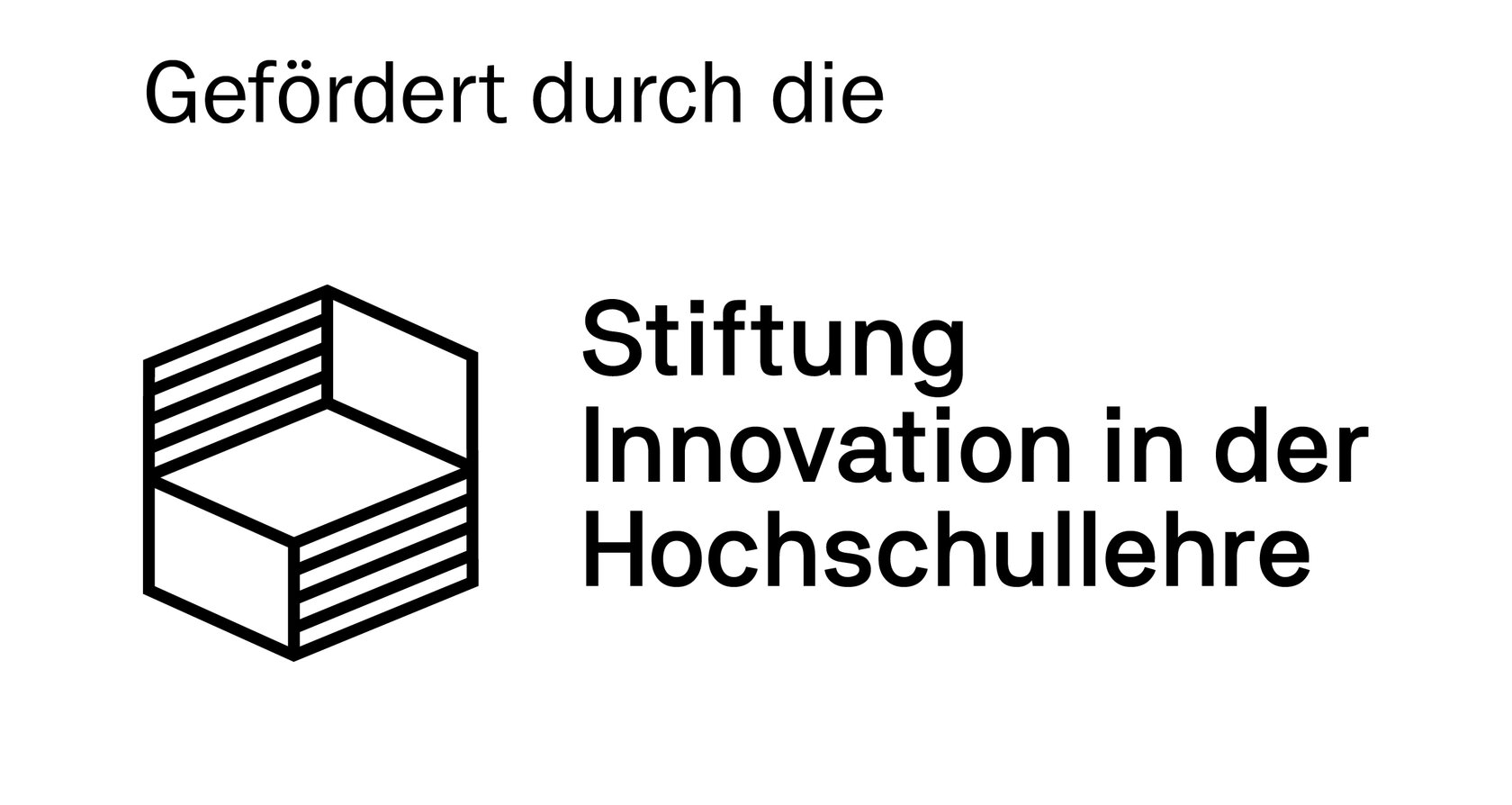Motivation
The current social and ecological challenges in the areas of climate and sustainability are enormous and require networked and innovative solutions. Society is also undergoing a transformation process in this area, which is associated with a high degree of uncertainty for all those involved. This applies in particular to universities, which, as places of innovation and education, should be catalysts for change. This applies not only to research, but above all to teaching and the third task of universities - the continuing education of society. In general, the content of current discussions in the media, e.g. on energy supply or digital sustainability projects, must be understood in its complexity and interdisciplinarity in order to be able to weigh up the pros and cons and thus promote sustainable development.
Aims
New, unconventional teaching and learning formats are needed to prepare students for the tasks of tomorrow. One such format is the Future Agency for Sustainability (ZuNa) project, which aims to break up disciplinary education and create new, innovative ways of thinking. The aim is to initiate a participatory process between society, of which the economy is a part, and Karlsruhe University of Applied Sciences and to practice consensus-building.
To this end, relevant stakeholders are to be brought into contact with each other via teaching and learning formats. This direct exchange has so far only taken place in a few projects in engineering education at the HKA, such as H.ErT.Z Service Learning. The aim is to implement such a teaching format as a university-wide offering based on the interdisciplinary Green Technology Management course.
Measures
In the form of problem- and project-based learning, HKA students should be able to apply and deepen their specialist knowledge and problem-solving skills for sustainability issues as agents of the future. In doing so, they learn to develop well-founded answers to sustainability questions and implement them in practice. To this end, they learn various methods of critical and creative thinking as well as project management. This gives them confidence in content-related and current fields of work and thus orientation for their professional development. Through projects, students contribute to consensus-building and fact-based information for society on topics relating to climate protection and sustainable development. The clients involved in the teaching and learning format from various social stakeholder groups, such as start-ups, citizens or small and medium-sized enterprises, pass on their questions to the Sustainability Agency for the Future, which then looks for students and lecturers to clarify them in project work.
Interested parties are also invited to take part in finding solutions and consensus in an open sustainability laboratory. The learning project made possible by the Freiraum funding program is intended to establish a study portfolio at the HKA that will last beyond the duration of the project. This will give the HKA additional social visibility and impact and also make an important contribution to its mission of training specialists for the transformation to sustainable development.
News from the project
Open project work in ILIAS

